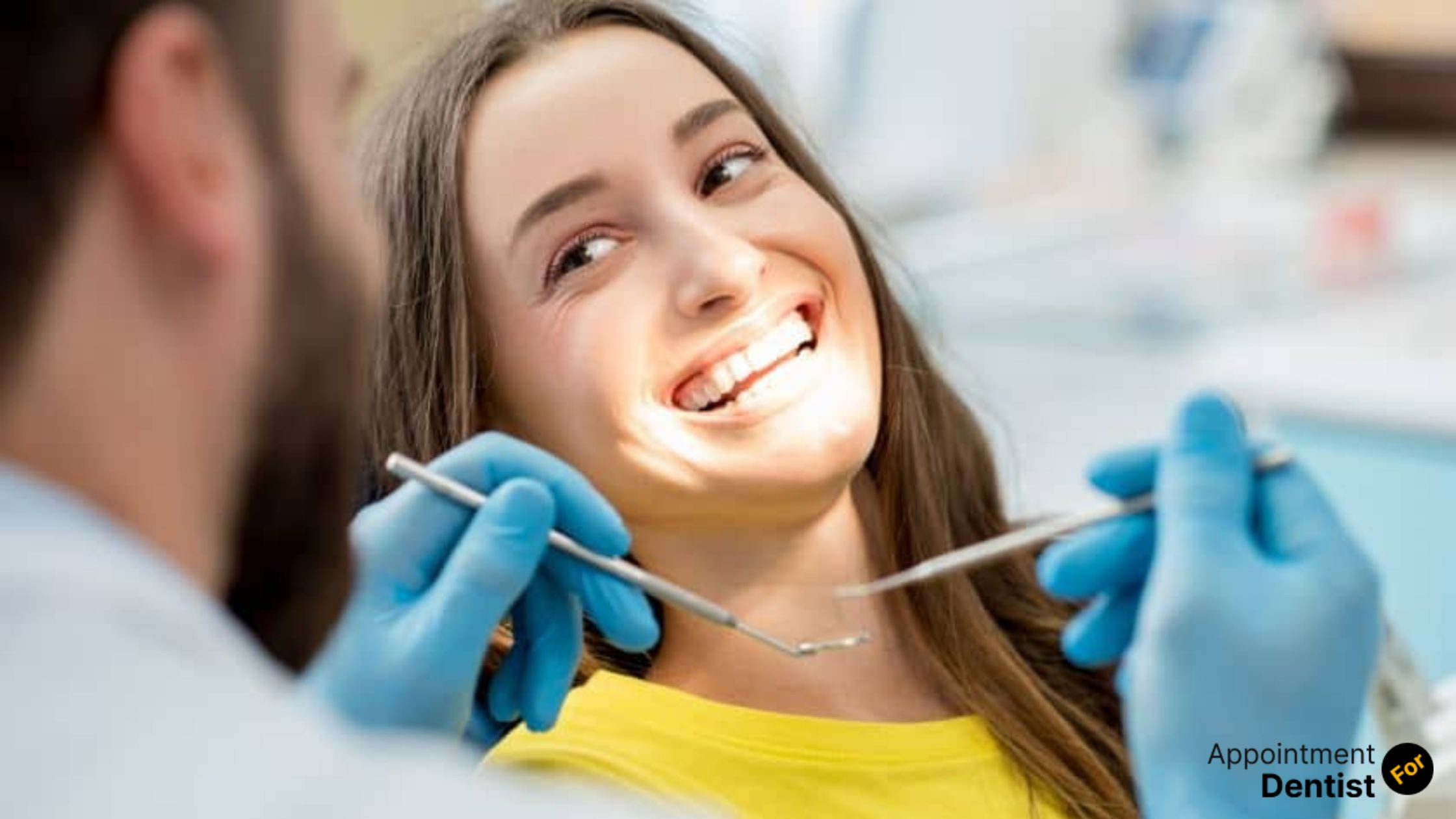The Role of Genetics in Dental Health
Posted on August 19, 2024 by Admin

The Role of Genetics in Dental Health
This is our overall health being shaped considerably by our set of genes, and Dental Health is surely no exception. From the very structure of our teeth to the tendency of being hit by diseases, genetics can very well influence numerous aspects of our oral well-being .
Genetic Influence on Dental Health
- Tooth Structure: This can influence the genetic development and structure of our teeth, which includes the thickness of the enamel and shape of the teeth. Variations in the thickness of enamel will either increase or decrease the susceptibility of cavities, while genetic traits will have effects on the alignment and shape of teeth, bringing about the malocclusions.
- Gum Health: The healthiness of your gums is another area genes could impact. Some lower risk of contracting gum diseases like Periodontitis have been set up to be connected to a combination of genetic factors. In addition, genetic variability can alter the immune response to oral bacteria and therefore influence the course of gum disease.
- Orthodontic Issues: Malocclusions, particularly those related to structure of jaws, are greatly influenced by genetics. If there is a history of misalignment or problems with the development of the jaw in a person's family, then they are more prone to suffer the same, needing orthodontic assistance.
Also Read: Things You Should Know About Dental Insurance
Tailor-made Dentistry and Genetic Testing
Dentists need to enter the field of personalised dental care and genetic testing with the rapidly increasing awareness of the role of genetics in Dental Health. The genetic profile of a person can help dentists determine the likelihood of a person developing certain conditions. This information enables dentists to develop a treatment plan and preventive strategy that deals with each patient's unique problems associated with their genetic makeup.

Maintain Optimal Dental Health
Genetics do play a role in our Dental Health, with a fair share of steps being taken by us to maintain a healthy smile, despite our genetic predispositions. Regular check-ups by the dentist ensure that problems are detected and managed at an early stage. Dentists can make a care plan specific to the patient's exact genetic predisposition, so check-ups and cleanings are required.
- Oral Care: Maintain healthy oral care with brushing and flossing. There will be specific oral health care products that are recommended by the dentist for an individual based on the nature of their needs which may include genetic considerations.
- Nutritional Considerations: Diets with necessary calcium can prove to be reinforcing to teeth. Part of having sufficient Vitamin D—a genetic factor—supports oral health.
- Orthodontic Intervention: Braces or aligners can be used for the early assessment and intervention to correct the misalignment of teeth for children with genetic predispositions toward orthodontic problems.
- Genetic Testing: Although it is not mandatory for everyone, individuals having a history in their family of suffering from some type of dental condition undergo genetic testing. One should consult a dentist for any possible genetic testing to determine whether or not this is required in a particular case.
Conclusion
The contribution of genetics to our dental health can never be underrated. Genetic knowledge with regard to tooth structure, health of the gums, and orthodontic problems may pave the way for a proactive approach toward maintenance of a healthy mouth. Regular dental checkups, good oral hygiene practices, and highly customised care according to individual characteristics of genetic background would set one well on his way to achieve and sustain a healthy, beaming smile all through life.
Faqs
-
1. Can genetics influence the outcome of dental treatments?
Yes, genetic factors can have an interaction effect on the outcome of dental treatment, which includes implantology, periodontal treatment, and root canal treatment. A dentist would consider the individual variations in immune responses, inflammation, and tissue regeneration in deriving a tailor-made treatment.
-
2. Are genetics linked to oral cancer?
Yes, there are, in fact, some genetic markers that show a propensity toward oral cancer. With genetic testing, you can understand who might need to work a little harder at prevention or perhaps have some testing at an early age.
-
3. How can I control gum disease if it seems to run in my family?
Regular dentist check-ups, good oral hygiene measures, professional cleaning, and a well-balanced diet can help keep gum diseases at bay. Further suggestions from the dentist may be given according to genetic predisposition.
-
4. Can genetics affect the appearance of my teeth?
Yes, genetics may influence the shape, size, and alignment of teeth. Variations in the thickness of enamel and shapes often affect overall smile beauty.
-
5. How frequently do I have to make it to the dentist when I am predisposed to dental problems through genetics?
People with genetic predispositions should see their dentist more frequently, that is, determined by their dentist. Regular check-ups reveal potential problems before they occur or allow for early detection.
Recent Post
- The Importance of Oral Health Education for Children
- How to Choose the Right Orthodontic Treatment for Adults
- The Link Between Oral Health and Stroke Risk
- How to Address and Prevent Gum Recession
- Innovations in Dental Anesthesia: Pain-Free Procedures
- The Role of Saliva in Oral Health: Functions and Disorders
- Exploring Holistic Dentistry: What You Need to Know
- How Oral Health Affects Your Immune System
- The Benefits of Using Dental Probiotics
- Oral Health and Pregnancy: Myths and Facts